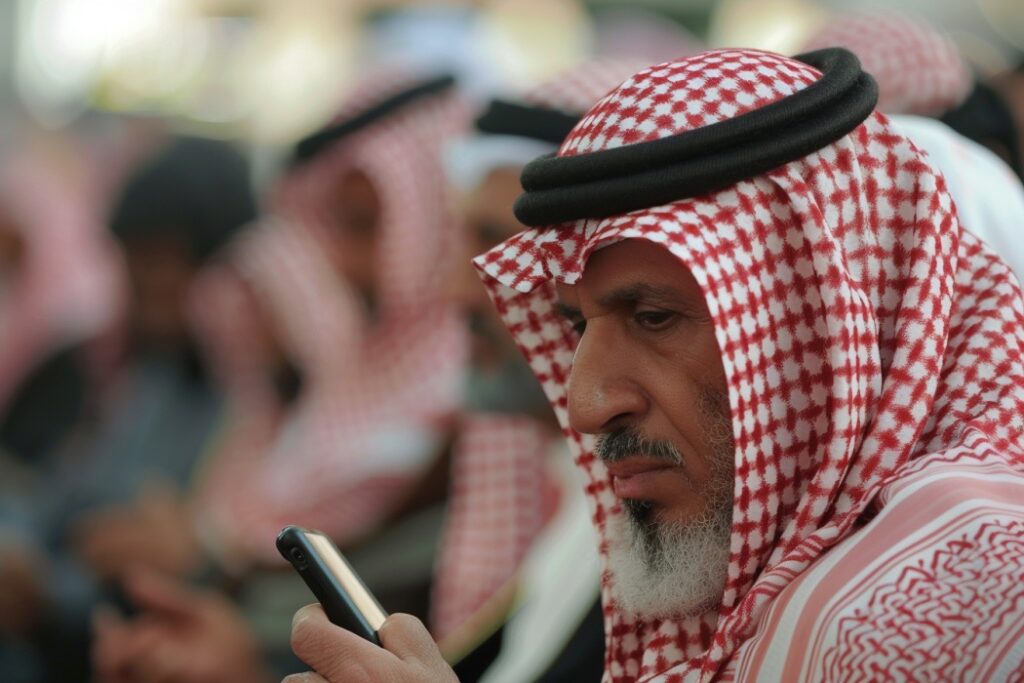Israeli Officials Fear ICC’s Plans for Arrest Warrants
TEL AVIV — In a dramatic turn of events, Israeli officials are on high alert as rumors swirl about the International Criminal Court (ICC) potentially seeking arrest warrants for their military and political leaders over alleged war crimes.
Speculation is rife that Prime Minister Benjamin Netanyahu could be among those targeted by the ICC, based in The Hague, which has been scrutinizing Israel’s actions in the occupied territories for the past three years, and more recently, the actions of Hamas as well. The ICC holds the authority to prosecute individuals for the most severe crimes under international law.
Previous arrest warrants issued by the ICC have included leaders such as Russia’s Vladimir Putin, Libya’s Muammar Gaddafi, and Ugandan warlord Joseph Kony.
Netanyahu has vehemently denounced the possibility of senior Israeli figures ending up on the wanted list, labeling it as “an outrage of historic proportions” and accusing the ICC of trying to cripple Israel’s defense capabilities.
Despite the public outcry from Netanyahu, the fact that such a scenario is being actively discussed behind closed doors is a cause for concern.
Chief Prosecutor’s Visit to Israel Raises Eyebrows
While the ICC has not officially confirmed the Israeli claims, Chief Prosecutor Karim Khan KC’s visit to Israel and the occupied West Bank last December sent a clear message.
The British barrister inspected the sites of Hamas’ attacks on Israeli villages near the Gaza fence, where Hamas-led gunmen breached on 7 October. He also engaged with political leaders and met with Palestinian families in Ramallah to listen to their stories. Khan condemned the violence that civilians on both sides endured and pledged to launch an investigation.
“All actors must adhere to international humanitarian law,” Khan stressed in a statement. “Failure to do so will result in consequences from my office.”
Khan highlighted the seriousness of the 7 October attacks, which led to the deaths of approximately 1,200 people, mostly civilians, and the capture of 253 hostages, according to Israeli reports. These acts were deemed as “some of the most serious international crimes that shock the conscience of humanity, crimes which the ICC was established to address.”
Concerns Over Israel’s Conduct in Gaza
Israel faces accusations of not adequately safeguarding civilians during its prolonged bombardment, despite asserting it takes all necessary precautions to prevent casualties. The Hamas-run health ministry in Gaza reports over 34,500 fatalities since the conflict began, with a significant number being children.
Khan emphasized the need for humanitarian aid to reach Gaza promptly, addressing the basic rights of civilians to access food, water, and medical supplies without delay. He cautioned Hamas against diverting or misusing aid shipments, following allegations of looting and theft by Israeli authorities.
Despite Israel’s non-membership in the ICC and its claim that the court lacks jurisdiction over its actions, a ruling in 2015 stated otherwise, asserting the ICC’s authority over the West Bank, East Jerusalem, and Gaza following Palestine’s ratification of the Rome Statute.
Implications of Possible Arrest Warrants
If arrest warrants are issued against Netanyahu, Israeli political figures, or military commanders, it could severely impact their international travel freedom. Nations under the Rome Statute are obligated to extradite individuals with outstanding warrants, although some countries have disregarded ICC warrants in recent times.
Former Israeli Ambassador Michael Oren expressed concerns about the broader ramifications, suggesting that such actions could shift the Israeli societal narrative and potentially hinder diplomatic progress.
“Generally, it responds to love. It doesn’t respond to aggression. If you want to get concessions out of Israelis, do not hit them over the head, embrace them,” Oren stated.
“All of these measures tend to move the political needle in this country rightward and not the other way. It would have a boomerang effect, and rather than opening pathways to possible diplomatic process it will likely constrict it.” — BBC



